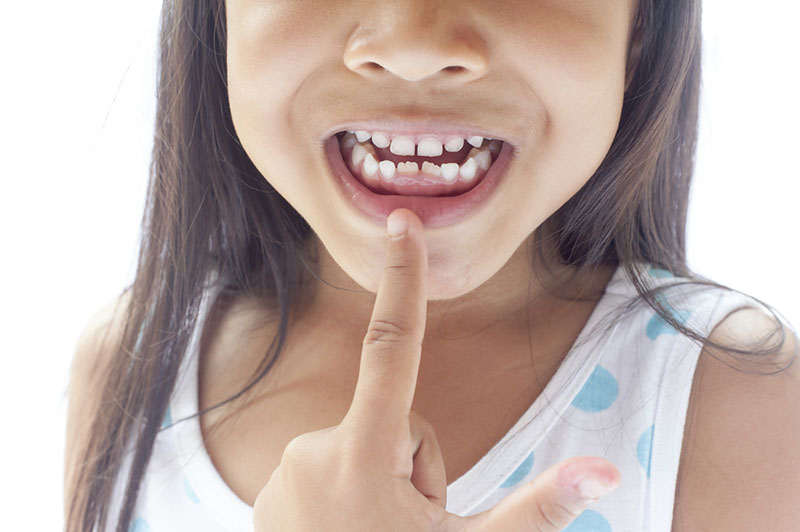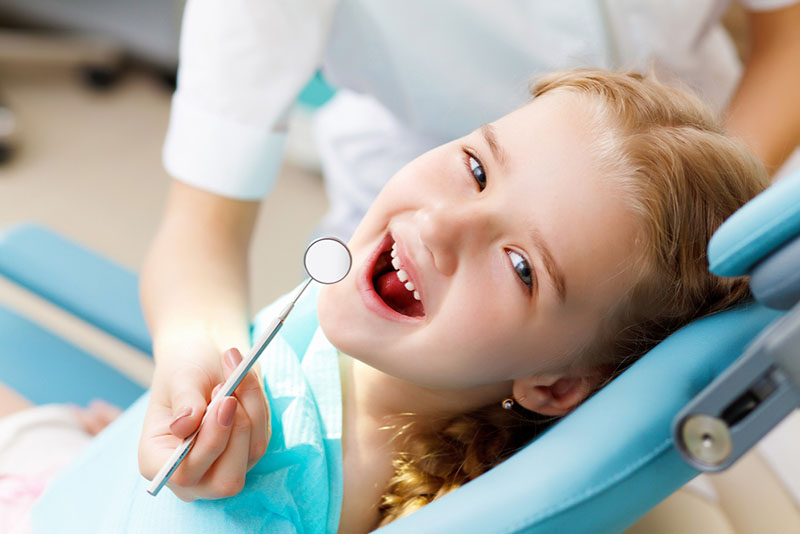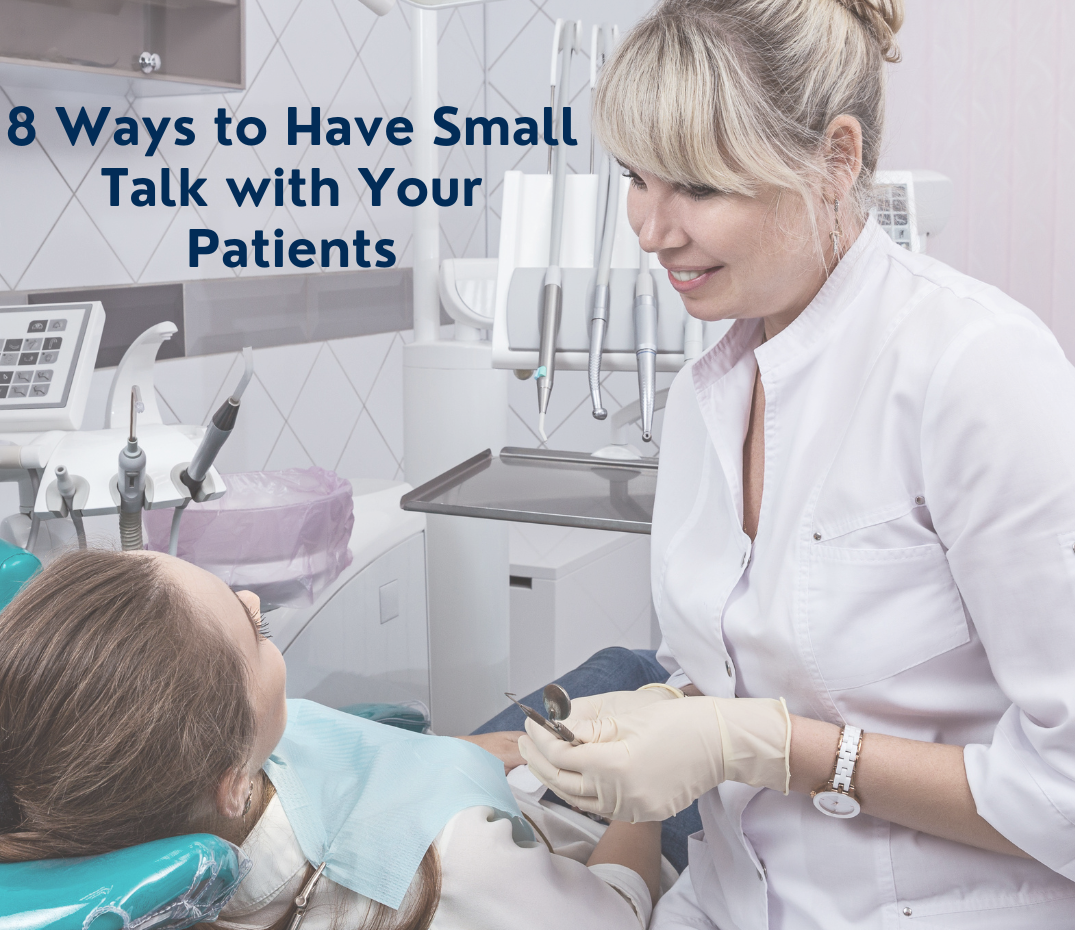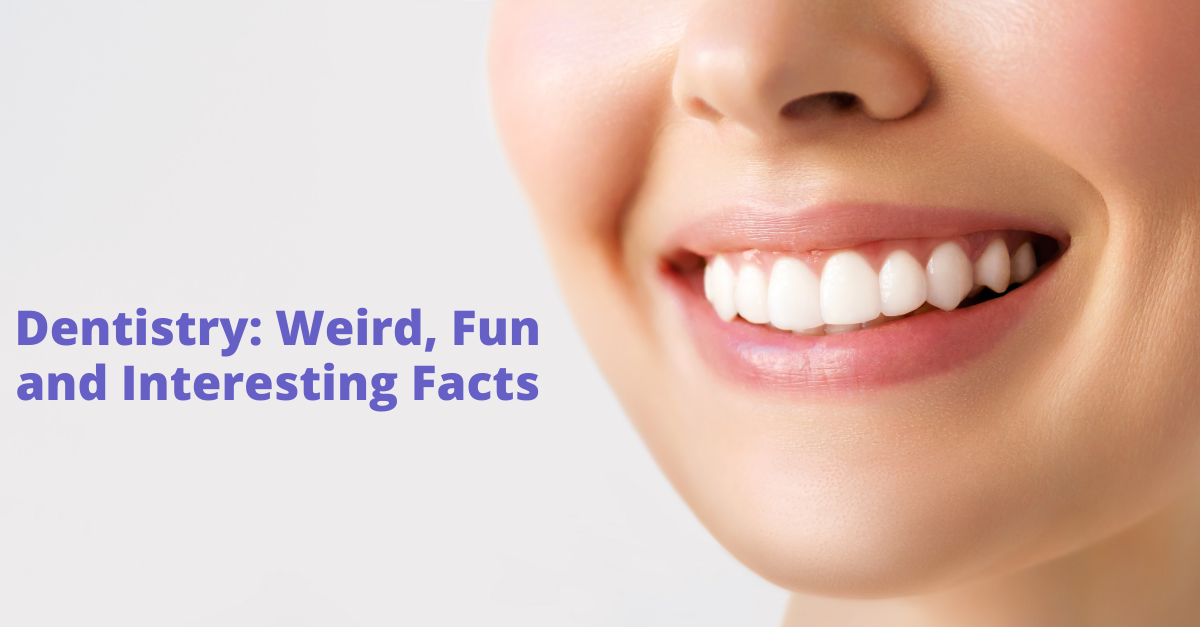What Parents Should Know about Their Child’s Permanent Teeth

For any parent, when their child loses their first tooth and sports that adorable, toothless smile, they can’t help but be proud of the momentous milestone their child has just reached.
What comes next is the dreaded second teething and permanent teeth that look way too big for a couple of years. Chances are, you have all your permanent teeth (or at least most of them) but you don’t know all that much about them.
Let’s take a closer look at permanent teeth and how you should help your child care for them. After all, they do have to last your child for the rest of his or her life.
Your Child’s Baby Teeth
A baby’s primary teeth (also known as baby teeth or milk teeth) start to come through at around six months of age. Throughout the next two to three years, your child’s teeth will come through until all 20 primary teeth are present in the mouth.
There are ten teeth at the bottom and ten teeth at the top. The purpose of a child’s baby teeth is not only to chew food but also to keep the jaw open. They ensure there is enough space in their mouth for when those permanent teeth start to come through.

The Permanent Teeth
At around the ages of five to seven years old, your child will start to lose their baby teeth. This occurs when their permanent teeth are ready to erupt and push through to take the place of their baby teeth.
This process lasts through to the early teenage years and sometimes into early adulthood in some cases (at least for those with wisdom teeth).
By the time all the permanent teeth have come through, you have 32 adult teeth, 16 for the bottom and 16 for the top. Interestingly, the permanent teeth are usually a little darker than the baby teeth and are a lot larger too.
Time for the Permanent Teeth to Take Over
When the permanent teeth are ready to erupt, they will generally come through in the same order as the baby teeth did. This means that the front bottom teeth will fall out first, followed by the front top teeth and then they will move one by one to the back of the mouth where the molars are situated.
If you did the math, you’d already know that we have more permanent teeth than we did baby teeth, 12 more in fact.
Most children will begin to lose their baby teeth at around age five to six. On average, most children will have all their permanent teeth by the time they are around 12-13 years old.
This may not be how your child’s teeth come through if your child has experienced tooth damage as a result of trauma to the face, mouth or jaw area (as the result of an accident, for example). This could also be due to medical conditions or merely poor dental hygiene.
In these cases, you will need to find a dentist who can provide specific treatment as well as steps to take for the affected tooth or teeth to come through.
Which Teeth are which?
The first teeth to come through are known as the central incisors. These are the four front teeth on the top and bottom of the jaw. Next up are the lateral incisors: the four teeth on the side of the central incisors.
These are followed by the four canines and then eight molars. The first two are known as premolars and the second two as molars.
Some people get what is known as wisdom teeth or third molars. These teeth are merely an extra set of molars at the back of your mouth which we don’t need. They will usually make an appearance around the ages of 17 to 21.
In some cases, wisdom teeth don’t pose a problem. However, in some cases, they can be a problem if your mouth is too small to accommodate them. Your dentist will recommend if they can be left behind or if you will need to have them removed.
Caring for Permanent Teeth
Once the permanent teeth start arriving, it is highly essential that your child practices good dental hygiene to ensure they last a lifetime. Not only is dental care necessary to have a beautiful smile, but it is also integral for good health.
For help caring for your child’s teeth and educating them on its importance, you can book a tele-dentist appointment with Denteractive. Call us at (888) 574-7754 and you won’t even need to get your child into a dentist’s chair.



